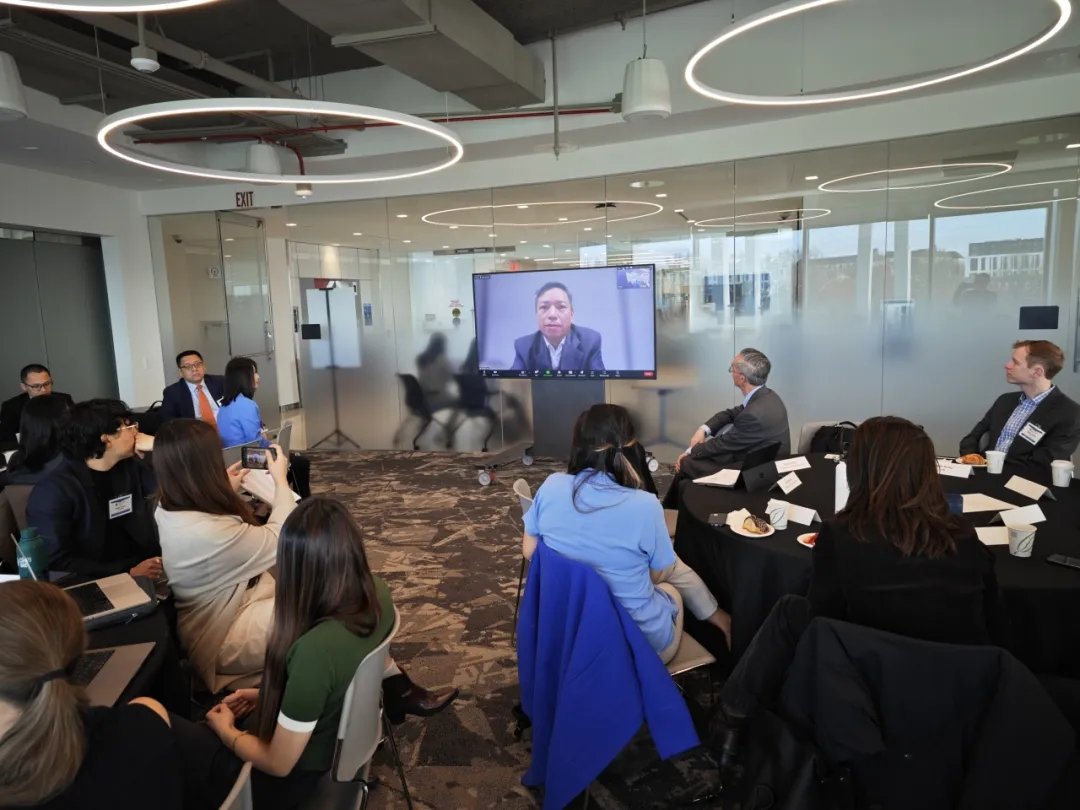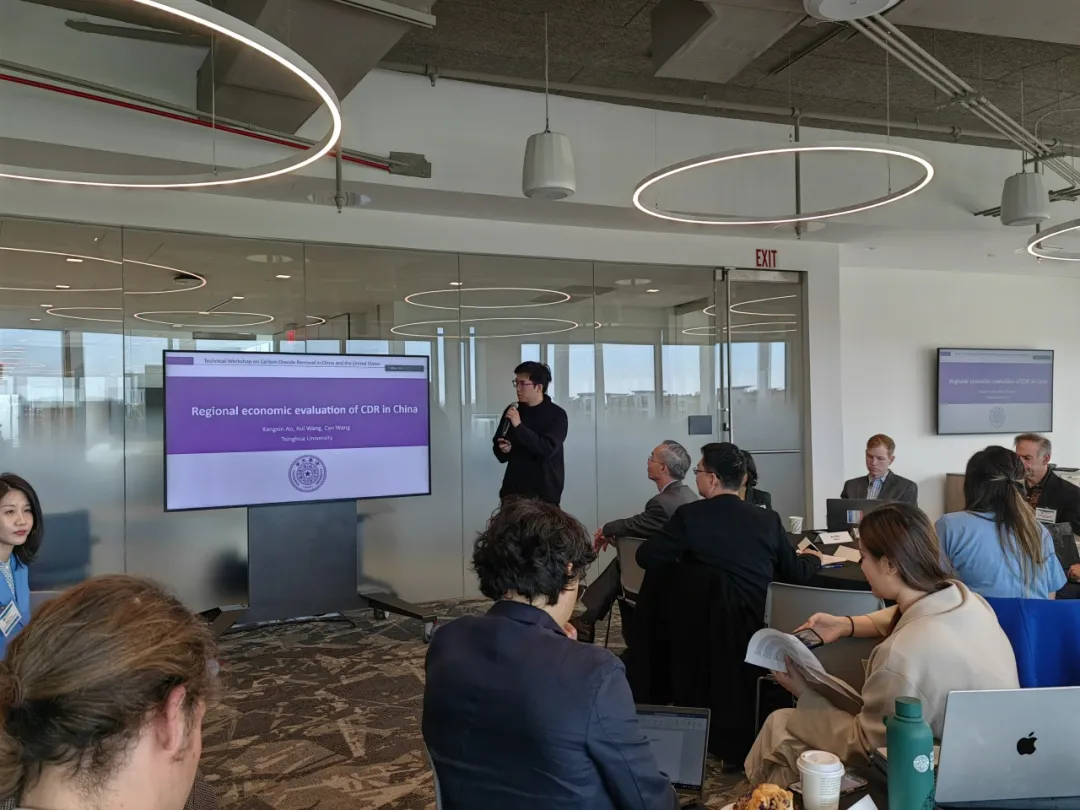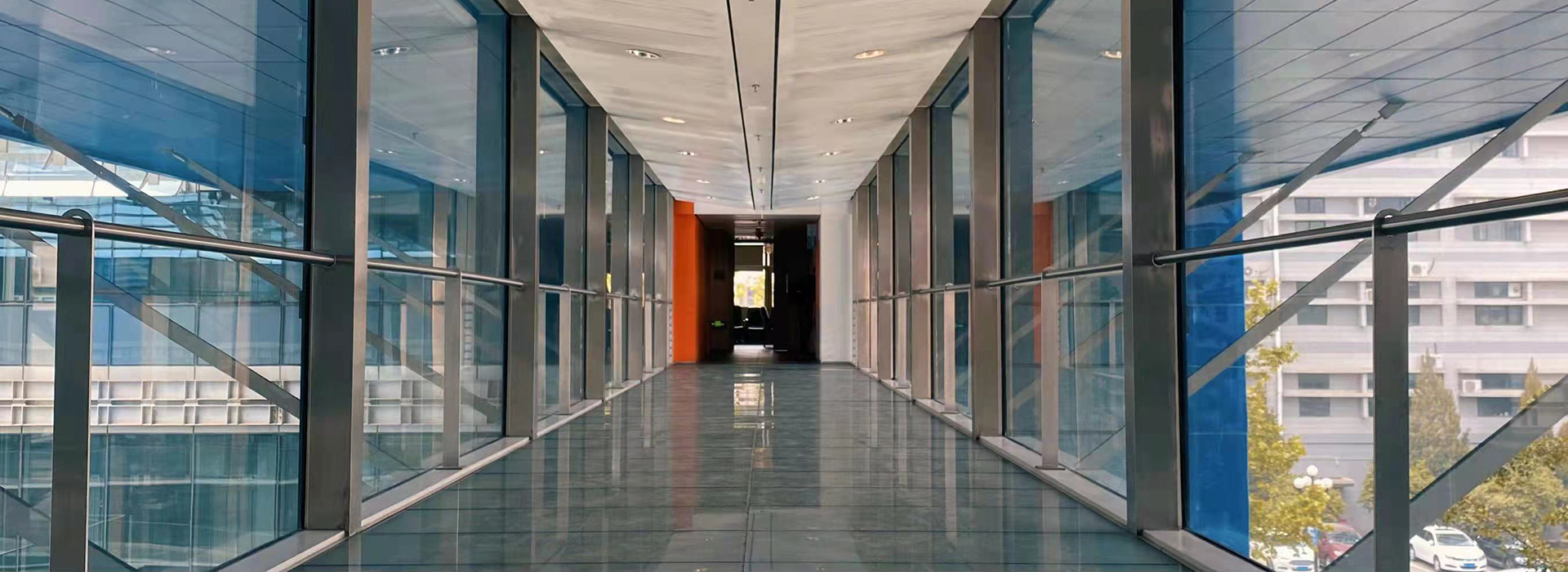On March 26, to support the U.S.-China Joint Glasgow Declaration on Enhancing Climate Action in the 2020s and the Sunnylands Statement on Enhancing Cooperation to Address the Climate Crisis, the Second Technical Workshop on Carbon Dioxide Removal (CDR) in China and the United States, co-hosted by School of Environment, Tsinghua University and the Center for Global Sustainability, University of Maryland, was held at the University of Maryland in the United States.
The workshop invited over 40 experts and scholars from both China and the United States, representing universities, research institutions, government agencies, financial sectors, industries, and NGOs dedicated to CDR technologies. Participants engaged in in-depth discussions on various crucial topics, including the development pathways and multiple impacts of CDR technologies in achieving emission reductions in both countries, supportive policies for CDR technologies in both countries, and the industrial application and research demonstration of CDR technologies. The goal was to enhance mutual understanding of the progress, gaps, opportunities, and challenges related to CDR technologies and to foster broader climate cooperation between the two nations.

Group photo of the attendees
Minister Counselor Zhou Guolin from the Chinese Embassy in the United States, Professor Wang Can from School of Environment, Tsinghua University, and Professor Nate Hultman from the University of Maryland delivered speeches at the opening ceremony. Wang Can emphasized the urgency of strengthening climate exchange and cooperation between China and the United States and taking a leadership role in addressing the global climate crisis. He highlighted the significance of industrial deployment, project demonstration, policy formulation, and international cooperation in advancing CDR technology development.

Speech by Wang Can
An Kangxin, a doctoral student at School of Environment, Tsinghua University and Wang Rui, a doctoral student at the Department of Earth System Science, Tsinghua University, participated in the workshop. An Kangxin presented a special report on the regional economic impacts of CDR technologies under China's carbon neutrality goals. The report covered the development progress of the China Hybrid Energy Economic Research (CHEER) model, the scale of CDR technology development, the flow of regional emission quotas, and the effects on coordinated economic development. The report was well-received by the attending experts and scholars, sparking a lively discussion.

Special report by An Kangxin
The workshop was supported by the Optimization of Regional Carbon Neutrality Pathways for Coordinated Urban-Rural Development project, jointly funded by the National Natural Science Foundation of China and the National Science Foundation of the United States, as well as by the ClimateWorks Foundation. The project, jointly undertaken by Tsinghua University, the University of Maryland, and the University of Virginia, will involve multiple technical workshops aimed at promoting further cooperation and exchange between China and the United States in CDR technologies. The first Technical Workshop on Carbon Dioxide Removal was held online on July 11, 2023. During the workshop, scholars from Tsinghua University, the University of Virginia, and the Pacific Northwest National Laboratory presented the modeling methods and research progress of the CHEER model, GCAM-USA, and GCAM-China. Numerous experts and scholars provided comments and engaged in discussions. The series of technical workshops is of great significance for promoting in-depth cooperation among scholars, industry experts, and policymakers from China and the United States in scientific research, engineering projects, and policy formulation.





